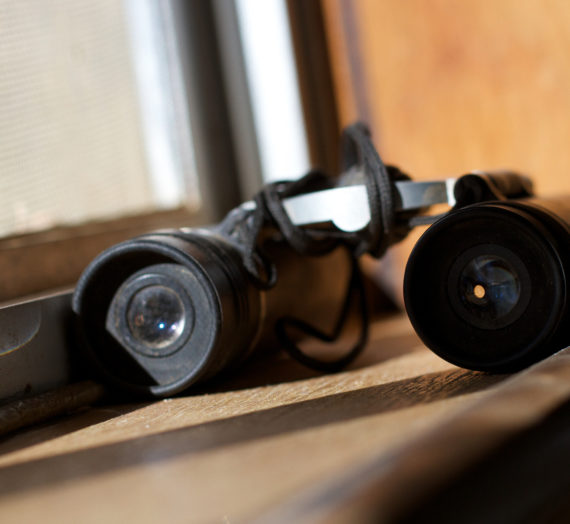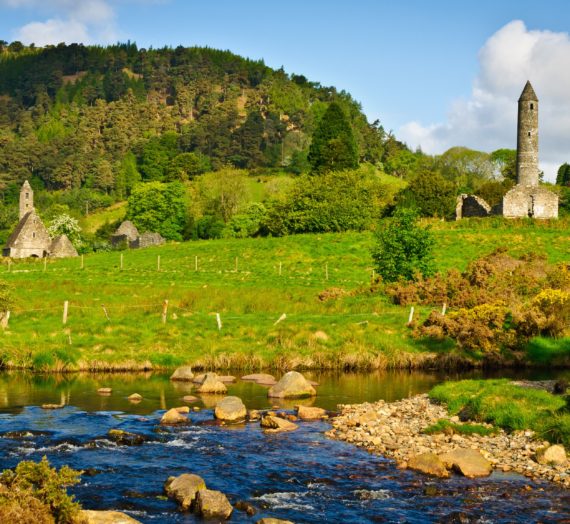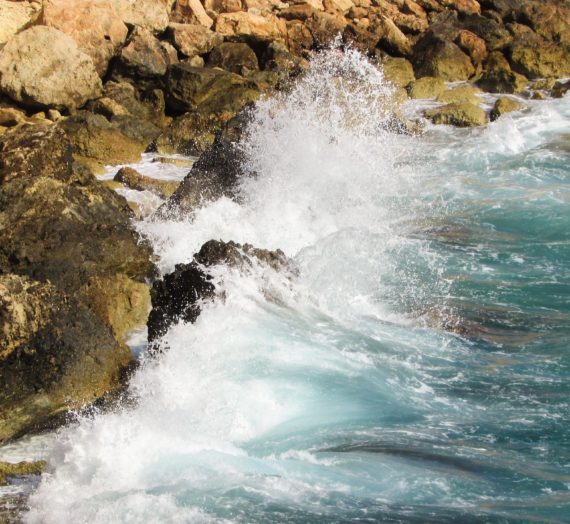
On La Gavotte’s last night, as Michaela and Fred leaned on the Second Empire side server, they stared at the empty tables. They untied their aprons and walked out.
After Michaela and Fred made love that night, Fred woke to the sound of pigeons cooing outside the window of her third floor flat in Shoreditch.
“I’d like to stay for breakfast,” he said.
“I don’t think that’s a good idea,” Michaela replied. “I haven’t got much on hand – only quail eggs, and there’s not much too them. I’m a vegetarian.”
“Where are you from?” he asked. “You definitely aren’t from London.”
“Reepham. It is in Norfolk. I still maintain my grandmother’s cottage there. It would be better for us if you left and and came to my cottage for the weekend. Perspective. You know? We can talk things over there in peace and quiet. There’s a train into Norwich around eleven thirty, and with the taxi ride I should see you in time for us to take a walk in the meadows.”
On his way to Liverpool Street Station, Fred purchased a dozen red roses. He cradled them in his lap as the city, then the countryside flashed past. All he could think of was Michaela’s face. He closed his eyes and saw her on top of him in the light that poured through her bedroom window, outlining the shape of her body.
As she opened the door, he was bent over with the bouquet of roses raised behind him like a peacock’s tail. She smiled and said, “Come in you silly thing.” She stood back, amused, as he did a shuffling dance in front of her before holding out the flowers.
Without taking them to the kitchen and putting them in a vase, she laid them on a small hall table. “We’re going out to start our dinner for this evening.” She handed him a long wooden rod with one hand and a double-barreled shotgun with the other.
“What is this for?” he asked, surprised to see the firearm.
“Did you bring your Wellies? I thought I asked you to wear Wellies.” She looked down at his feet. He was in brown lace Oxfords. “Those won’t do. Take off those ridiculous shoes and put these on.” She laid a pair of tall rubber boots on the doorstep and he did as he was told. “We’re going out into the meadows. Have you ever hunted for quail?” she asked in a matter of fact tone.
“I don’t believe I have.”
“If you don’t like to shoot, or can’t shoot straight, I’ll do the trigger work for you. I’m a damned good shot,” she said proudly. “I never miss. Walk ahead and quarry.”
“What is that?” Fred asked.
“Poke the ground. Flush out the birds. We’ll have a wonderful dish for supper. It is French. My grand mere used to make it all the time.”
They spanned a ditch – he first, and then reached back to help her over the gap.
“Do be quiet and poke the ground. You are my gilly today.”
They moved forward through the meadow. Stalks of white flowers rose around them. They were damp with rain that had fallen that morning. The ground sucked at Fred’s boots but because the boots were two sizes too small, they stayed on his feet.
Suddenly, there was a burst of wings. They rose around Fred, flapping, screeching, and he hunched as they startled him. A bang exploded in his right ear as the shot raced by his cheek so closely he felt the heat of it.
“Good God!” he screamed. Michaela was standing with the barrel raised only a foot behind his shoulder.
“Out of the way!” she hollered and fired the other barrel. The birds fell from the air. Some flopped about on the ground. The sound of their cries sickened Fred.
“You’ve killed them!” he said turning to Michaela, “and you almost killed me.”
“Nonsense! I wasn’t aiming for you. Now comes the fun part. We take them back, pull their feathers off, clean their innards, and cook dinner.”
By the time they returned to the cottage and laid the limp birds on the kitchen counter, Fred’s heart had calmed down. “You are quite the shot,” he said.
“I’ve never heard anyone complain about me missing,” Michaela said and smiled as she began to tear the feathers from the small bodies. When they had been stripped to their skins and emptied of their inner selves, Fred stared at the pan. The birds looked so helpless, so small and fragile; yet there they were. And they were not merely going to cook them: they were going to enjoy them with a fine Chablis.
“Caille braisée aux champignons sauvage,” Michaela announced proudly as the bacon, chopped mushrooms, onions, and white wine – a burgundy she kept for cooking – bubbled and steamed in the pan, creating a delicious aroma. Michaela arranged the roses in a vase in the center of the table along with some long-stemmed white flowers they had gathered in the meadow.
As they sat down to eat, toasting each other with the Chablis, Fred asked Michaela why she wasn’t having any quail.
“I am a vegetarian. But please, go ahead and indulge. I can endure my leeks and parsnips. I owe it to the birds to watch you enjoy them.”
After a few mouthfuls, the quail were almost picked clean of their meat. Fred sucked on the bones to get every last tidbit of flesh. “How did you come to be a waitress in a bistro?” he asked.
“I couldn’t find any work in my field.”
“What was your field?” he inquired.
“Philosophy. At Oxford. I was particularly interested in the Socratic school. Plato. I loved the way Plato said dancing was an expression of control. It really isn’t when one does it with abandon. Did you know that I wanted to be an arachnologist when I was ten? Have you heard of the Peacock Spider. The male does a dance before it mates. Then the female kills him. When you arrived today, your roses looked like a peacock’s tail. Let’s play a game. Do you think people are inherently evil?”
“No. I think we’re inherently good.”
“How do you know? What if, deep down, we’re horrible and nasty? Do you want children?”
“Why yes,” said Fred. “Someday.”
“But does a mother, need someone like you to help raise the child?”
“I’m not sure where this is going,” Fred said. “I’m feeling terribly thirsty. Would you mind refilling my glass,” he said.
“There you have it, don’t you see? You can’t get up and fill you own glass. That’s the way people make each other miserable?”
“Michaela, I’m very thirsty at the moment.”
“Well, you should be. Poisoning does that to a person.”
“Of course not, Fred. Thank you for the roses. They look so beautiful with the wild hemlock flowers. Did you know that hemlock-fed quail cause fatal renal failure? I apologize for the pain. Close your eyes. And please know I shall tell our child you were a wonderful dancer.”
“The mushrooms, the aux champignons savage were poisoned?”


